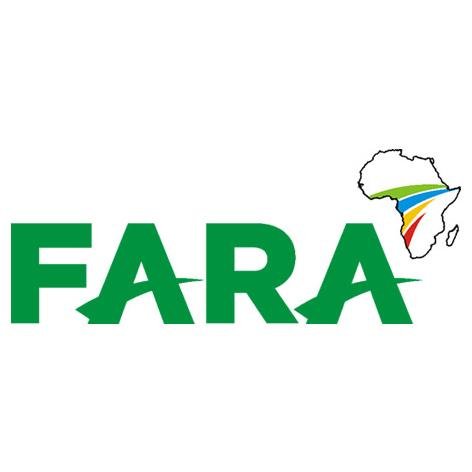What Does Innovation Smell Like? A Conceptual Framework for Analysing and Evaluating DFID-RIU Experiments in Brokering Agricultural Innovation and Development
This paper briefly reviews three conceptual frameworks: namely, the national agricultural research system (NARS), the agricultural knowledge and information system (AKIS) and the agricultural innovation system (AIS) concepts. Next, the paper reviews the definition of ‘innovation’ and proposes that agricultural innovation can occur at four different but interlinked domains. The paper then defines and discusses these domains, and uses evidence from outcomes of the DFID‐RIU experiments in Nigeria to explain how these fit into the four domains, and how all these outcomes qualify as agricultural innovation. It concludes by explaining that the programme needs to recognise the whole gamut of impact in different domains in order to make a compelling case for investments in RIU‐like approaches.
The key objective of the DFID‐funded Research Into Use (RIU) Programme, which has been implemented across 12 African and Asian countries, involves the notion of enabling ‘agricultural innovation and development’ as outcomes. Despite that, there seems to be little specification in terms of what country teams should expect as indicators of such desired ‘innovation’ when it does occur. It was perhaps the right thing to do because a cookie‐cutter approach would have proven problematic in field implementation, given that what could count as innovation in one country context may not apply in another.
Related Resources
Bringing New Ideas into Practice: Experiments with Agricultural Innovation
This review studied a selection of projects from the Research Into Use (RIU) Africa portfolio: the Nyagatare maize platform in Rwanda; the cowpea platform in Kano state, Nigeria; the pork platform in Malawi, the Farm Input Promotions (FIPS) Best Bet in Kenya,...
Water Resource Research and Education in Mountain Communities
High elevation páramo (wetland) ecosystems in the Andes are important water sources for local communities and downstream agricultural and urban users. These headwater catchments, however, are often impacted by human activities (eg agricultural production) that affect both stream water quality and flow....
Analysing stakeholder power dynamics in multi-stakeholder processes : insights of practice from Africa and Asia
This paper examines different practical methods for stakeholders to analyse power dynamics in multi-stakeholders processes (MSPs), taking into account the ambiguous and uncertain nature of complex adaptive systems. It reflects on an action learning programme which focused on 12 cases in Africa and...

Agricultural Innovation in Sub-Saharan Africa Experiences from multi-stakeholder approaches
This review seeks to assess the usefulness of innovation systems approaches in the context of IAR4D in guiding research agendas, generating knowledge and use in improving food security and nutrition, reducing poverty and generating cash incomes for resource-poor farmers. The...
Studying Rural Innovation Management: a Framework and Early Findings from Riu in South Asia
This paper aims to map the experience of the RIU Asia projects and draw out the main innovation management tactics being observed while laying the groundwork for further research on this topic. It provides a framework to help analyse the...


